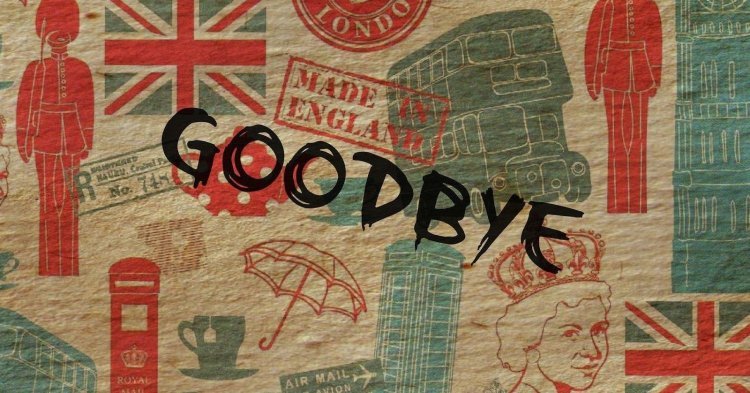For four and a half years now, the European Union and the United Kingdom have been trying to reach an exit agreement. After numerous disputes, the British government eventually voted for the transition period to commence on 31st January, ending on 31st December 2020. A deal to normalise the new relationship was supposed to have been signed during this period. However, the two sides are still unable to find common ground, and the UK has even threatened to revise previously agreed terms. As a result, the shadow of a no-deal Brexit looms over the United Kingdom and the EU, with consequences in a multitude of areas, directly affecting citizens. Here are a few examples.
Visas
In the event of a no-deal Brexit, the United Kingdom would become a third-party country, with all areas of their relationship having to be renegotiated – much like agreements with China, Singapore, or Mercosur for example. Visas are of no exception. European citizens wishing to travel to the UK and British citizens travelling to EU countries will need a visa to be allowed to work or live, and perhaps even in the future to travel.
Although the United Kingdom was never part of the Schengen Area, travel requirements were eased and owning a European passport was sufficient. Without a deal, this will no longer be enough. If you want to travel to the United Kingdom, you may need to expect some extra steps.
Trade
All trade points will have to be negotiated in order to reach a new agreement, as for any third-party country. The United Kingdom tried its luck and asked to keep many benefits of being in the single market without being a member, but this was denied. In other words, the British cannot have their cake and eat it.
The main areas of contention in the current negotiations are fishing rights and the so-called level playing field. The terms for fishing are yet to be established. Would British fishermen be allowed to fish in French, Belgian or Dutch waters, and vice-versa? Would tariffs be imposed? Many questions remain unanswered, and will undoubtedly be the subject of tough negotiations, as both sides are refusing to concede. It will be the fishermen that bear the brunt of these consequences. On the subject of competition, the UK and the EU currently want their trade partnership to remain fair and close trade relationship. Unfortunately, in the case of a no-deal Brexit, this would no longer be a priority. European and British citizens risk no longer benefiting - at least not as quickly - from trade between the two zones.
The border on the island of Ireland: the critical juncture
The problem of the border between the Republic of Ireland (an EU member) and Northern Ireland (one of the UK nations) will continue to be the great unknown if no deal is reached. During the negotiations for a new deal, some of the most fervent Brexiteers did not seem to be too concerned about the prospect of a hard border on the island of Ireland due to the necessity of customs checks, which would have prohibited thousands from working and moving freely. Above all, Europeans feared that a hard border would reignite the conflicts that afflicted the island only a few decades ago and call into question the Good Friday Agreement.
A no-deal scenario would lead to higher crime rates, and an increase in black market activity and violence. The negative economic impact would be felt on both sides of the border. In its 2021 budget, the Republic of Ireland has taken the possibility of a no-deal Brexit into account. Without a deal, it is the country that will suffer the most.
In the case of a no-deal Brexit, everything will have to be rebuilt from scratch. Both sides will lose a lot of time and money. No-one will benefit from it, and the United Kingdom will find itself isolated. The EU will suffer some losses, but it is easier to deal with those losses together as 27 nations, rather than alone. Reaching a new deal will then likely require a significant amount of time.



Follow the comments: |
|
